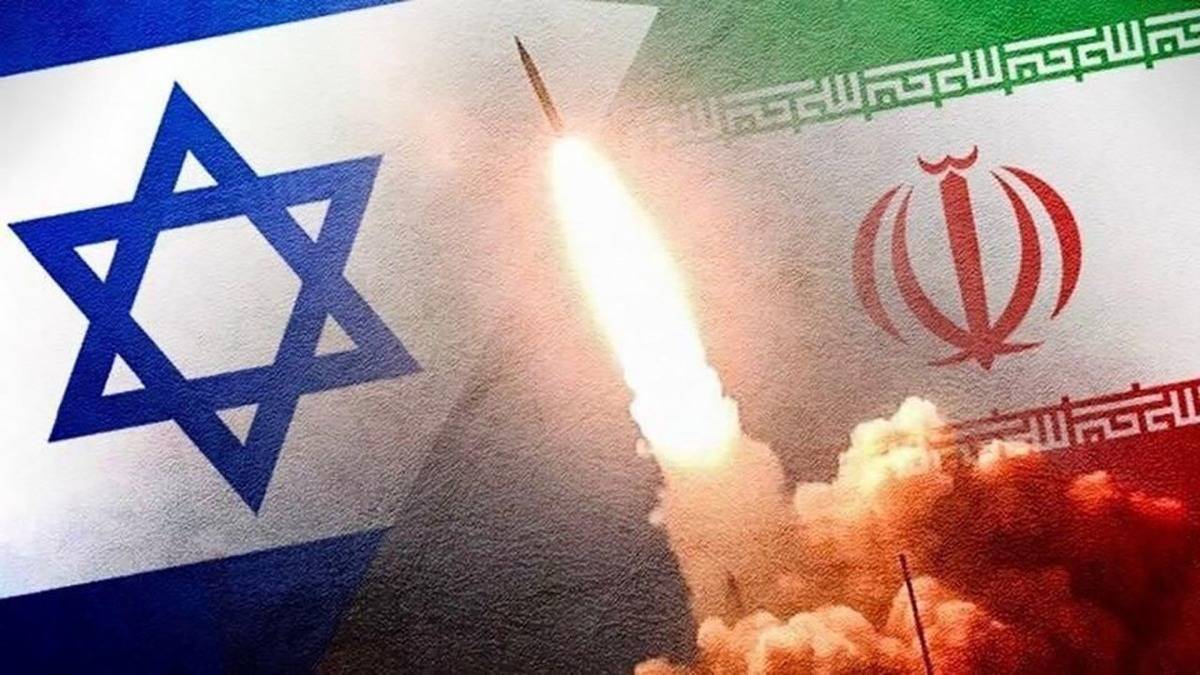1171 Views
Israel’s Worst Nightmare: Iran’s Defensive Fury + Arab Street = Collapse of Normalization
The issue of normalizing relations between Muslim countries and the Zionist regime—one of the main goals of the Trump administration—has faded in light of recent events in Gaza and the genocide that occurred. The current confrontation between the regime and Iran has further complicated the position of appeasers in the region, as the Arab populations overwhelmingly oppose normalization. They witness events that fundamentally clash with their Islamic values of defending the oppressed and maintaining Islamic brotherhood. This sentiment could deal a fatal blow to the so-called Arab-Israeli peace talks. The following is an analysis of the power of this hidden force: public opinion in West Asia.
Roots of Tensions and Social Context
Tensions between the Arabs and the Zionist regime trace back to the establishment of the Jewish state in Palestine. The Arabs argue that the regime forcibly expelled the indigenous Palestinian population from their homes. This has led to repeated wars between the Arabs and the regime during the early years of Israel’s formation. After a series of military defeats at the hands of the regime—backed by the United States—most Arab governments concluded that military confrontation was futile and turned to peace talks. This humiliating shift broke the spirit of the Muslim public in the region. Given these circumstances and the regime’s continued massacres in the occupied Palestinian territories, regional populations support Iran’s retaliatory actions against Israeli’s brutal assault. Tensions between Iran and the regime may further undermine the already failed Arab-Israeli peace project, triggering widespread public opposition to Trump’s controversial normalization plan. Delegitimizing Israel could tie the hands of Arab governments eager to cooperate with Tel Aviv. Arab public opinion has emerged as a serious obstacle for regimes across West Asia.
Fear of Escalation
People in the region are increasingly concerned about the intensifying conflict between Iran and the Zionist regime. The geographical positioning of Arab states between Iran and Israel makes them vulnerable to collateral damage, particularly if Iran’s nuclear facilities are hit—raising environmental and safety concerns for Persian Gulf states. This fear has deeply affected public sentiment across the region. Inadvertent Arab involvement in the Iran-Israel conflict could place the entire West Asian population at serious risk. Countries like Yemen, Lebanon, Iraq, Syria, and Jordan are all potential flashpoints that could be drawn into the escalating conflict.
Anti-Israel and Anti-West Sentiments
The current wave of tension is seen by Arab public opinion as the product of Western antagonism, with Western powers actively fanning the flames of conflict in West Asia. The people of the region are growing increasingly angry over the destabilizing strategies being implemented.
Geopolitical Consequences
Following the perceived weakening of the Resistance Axis last year, Iran’s counterstrike against the Zionist regime—after its aggression toward Iran, Lebanon, Syria, and Iraq—has revived public confidence in the Resistance Axis. This renewed faith could lead to a major rebuilding and reinforcement of the Resistance infrastructure. Iran, now bolstered by its firm response, is in a stronger position to support its allies. In addition to Iran’s determination, the Arab public’s honor and dignity serve as a second engine driving popular backing for Iran’s resistance strategy. This could be the antidote to the Axis’ perceived decline last year.
Conclusion
Israel’s brutal assault toward Iran may mark the beginning of a chain of unprecedented events in West Asia. Rising anti-Western and anti-Zionist sentiments, the marginalization of Arab-Israeli peace efforts, and growing solidarity with the oppressed Palestinian people could all be direct and indirect consequences of this escalating confrontation.
*Translated by Ashraf Hemmati from the original Persian article written by Amir Ali Yeganeh

Comment
Post a comment for this article